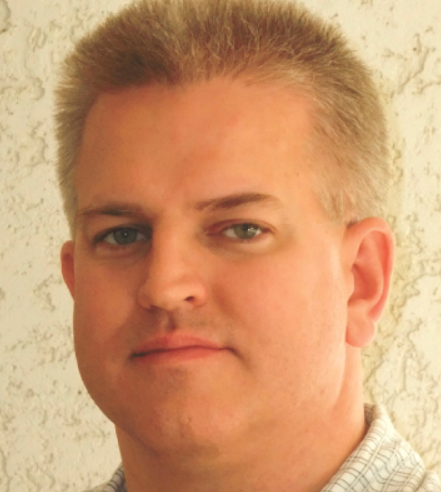THE Covid pandemic is slouching on to its inevitable conclusion. Infection rates are down in most parts of the world as immunization efforts continue. Who could have guessed a year and a half ago that a global argument would commence over receiving vaccination shots?
Although most people who have access to the medicine have taken it, some people refuse to be vaccinated for various reasons. The United States navy has announced that 99.5% of its personnel have been vaccinated, and they have started discharging the remaining half percent. Navies cannot risk disease outbreaks aboard their ships because one person carries a bug inside them. It not only endangers lives but compromises the ability of navies to do their jobs.
Many businesses and schools have adopted similar policies. Workers who refuse to get vaccinated will be terminated, children who are not vaccinated will not be allowed in the classroom. Most governments are making vaccination a requirement for civil service jobs, and subsequently grounds for removal.
Because this is no longer merely a medical issue but has become a philosophical one, it is important to understand what is really going on here. Many people who refuse to get vaccinated have raised the issue of trust. They question whether the government or pharmaceutical companies are acting with full discretion and in their best interest. Some on the fringe go so far as to accuse the government of planting microscopic tracers in people’s bodies and so on.
But the real issue is much bigger than trust. The real issue is whether or not a group of people: a business, town, nation, or the entire human family, has a right to place conditions on full participation. Can a community place membership requirements on its members?
Does an individual person have rights, especially when it comes to their own bodies and what gets put in them? Most people would agree the answer is yes. All of us have a right to ask for medical care but also the right to refuse it. After all, if a person does not exercise sovereignty over their own bodies, they cannot possibly have authority over anything else. Let us not forget that the physician also has individual rights. A doctor can choose to perform a medical procedure or not. That is his right to use his body in a way that he determines.
Now to the point. Does a community of people have rights? If an island nation has successfully removed a deadly virus from their land, do they have a right to keep out any person who carries the virus, doing so in the name of protecting its inhabitants, the members of the community. Most reasonable people would agree that is so. For instance, if the United States eradicates small pox among the population, do they have a right to refuse entry to any person who has small pox, or has not been vaccinated against it, on the grounds of protecting the health and well-being of its citizens? Again, most reasonable people would agree. In fact, this goes right to the heart of what governments do. John Locke and Thomas Hobbes would not agree on much, but they would both argue that governments exist to the protect their citizens, whether it be from external threats such as invasion, internal threats such as crime, or medical threats such as a disease outbreak.
Covid vaccination has fallen on the fault-line between an individual’s right to make choices concerning their own body and society’s right to protect itself from those who might harm it. Does a person have the right to refuse the vaccination? Yes. Does the government or an employer have the right to compel you to get it? No, but they do have the right to remove you from the group, whether that be losing a job, being kept out of school or being discharged from the military. A community, whether it is a nation or a company, has the right to set membership requirements and if you do not meet those requirements, you may not remain a member. It is that simple. The needs of the many outweigh the needs of the one.
BC Cook, PhD lived on Saipan and has taught history for 20 years. He currently resides on the mainland U.S.

BC Cook











